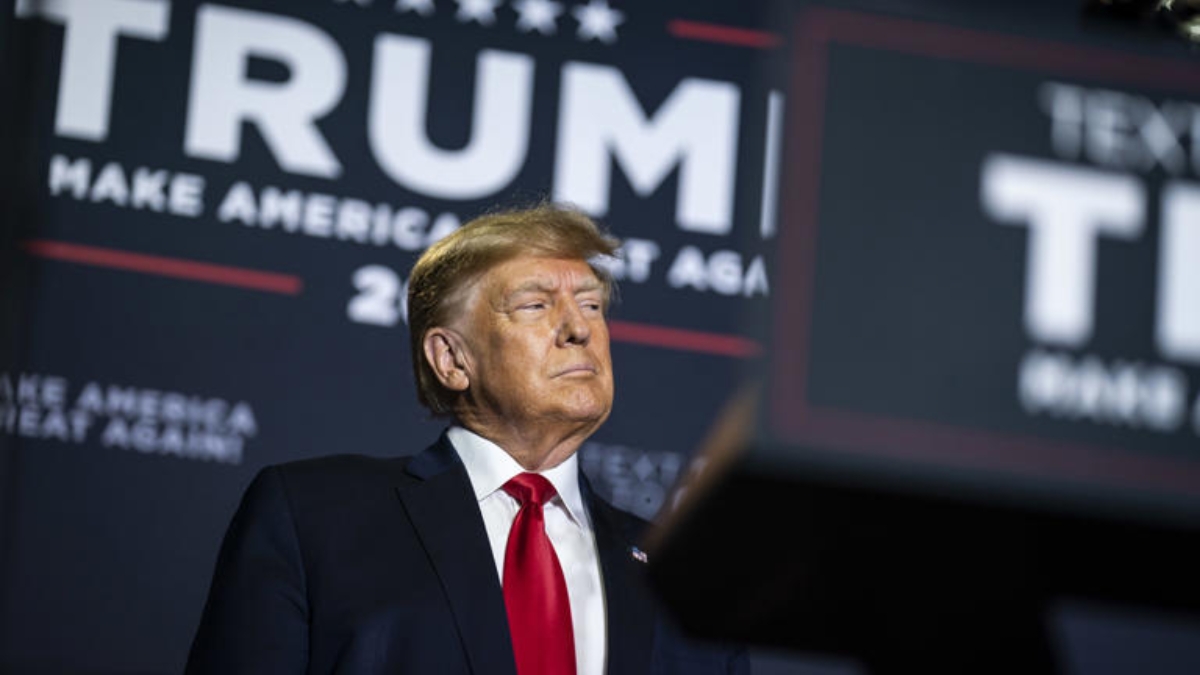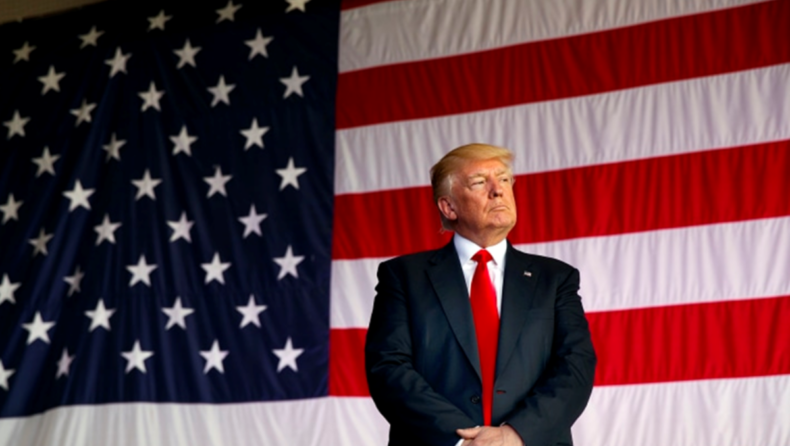Former President Donald J. Trump’s August 1, 2024 indictment marked an extraordinary moment in American history. The indictment, unsealed by the special counsel overseeing the investigation, charges Trump with conspiring to defraud the United States, conspiring to disenfranchise voters, and conspiring and attempting to obstruct an official proceeding. The indictment’s focus on Trump’s efforts to overturn the 2020 presidential election has ignited a firestorm of debate and speculation about the implications for the country’s political landscape, legal system, and the upcoming 2024 presidential campaign.

Table of Contents
A Core Attack on Democracy
At the heart of the indictment is the allegation that Trump, even after losing the 2020 election, was determined to remain in power by any means necessary. The indictment portrays a calculated and systematic attempt to undermine the foundations of American democracy. It accuses Trump of using a variety of tactics, including promoting false claims of widespread election fraud, pressuring state officials to overturn the election results, and even attempting to manipulate the Justice Department to support his cause.
This core attack on democracy raises fundamental questions about the integrity of the electoral process and the sanctity of the peaceful transfer of power—a cornerstone of democratic governance. By focusing on these actions, the indictment underscores the importance of holding leaders accountable for their actions and preserving the democratic principles that underpin the United States.
The Role of Co-Conspirators
The indictment also highlights the involvement of six co-conspirators who played crucial roles in Trump’s efforts to overturn the election. While the indictment does not name them, their descriptions align with key figures in Trump’s orbit, including Rudy Giuliani, John Eastman, and Sidney Powell. These individuals allegedly participated in various aspects of the conspiracy, from promoting false claims of election fraud to pressuring officials and contributing to the distrust that fueled the events of January 6, 2021.
Including co-conspirators raises the question of potential future charges and cooperation agreements. The legal implications for these individuals, who may face charges of their own, could have far-reaching consequences for the ongoing investigations and trials.
Legal and Logistical Complexities
As the indictment progresses through the legal system, it presents unprecedented challenges due to its intersection with the 2024 presidential campaign. With trial dates likely to coincide with campaign events, the legal proceedings are poised to become inextricably linked to political discourse. The case against Trump raises the complex issue of balancing the public interest in expeditious trials with Trump’s constitutional rights and ability to participate in the democratic process.
Trump’s legal troubles generate significant attention and debate within legal and political circles. Some experts argue that these trials are essential to upholding the rule of law and ensuring accountability for those in positions of power. Others worry that the trials could be weaponised as political tools, potentially inflaming divisions and undermining public trust in the justice system.
The Impact on the 2024 Presidential Campaign
The indictment’s timing has thrust Trump’s legal battles into the heart of the 2024 presidential campaign. With Trump already positioning himself as the front-runner for the Republican nomination, the charges against him could shape the campaign’s narrative and influence voter sentiment.
The indictment could provide a potent line of attack for Trump’s opponents, focusing on his alleged abuse of power and his willingness to undermine democratic norms for personal gain. Conversely, Trump’s supporters might view the charges as evidence of a politically motivated attack on a figure they see as a champion of their values.
The outcome of the legal proceedings could profoundly impact the election. If Trump is convicted, it could disqualify him from running, reshaping the Republican field and altering the dynamics of the race. On the other hand, if he is acquitted, it could galvanise his base and strengthen his position as the party’s standard-bearer.
The indictment of Donald J. Trump on charges related to his efforts to overturn the 2020 presidential election has plunged the nation into uncharted waters. The legal proceedings that will follow are poised to be complex and unprecedented, intersecting with a fiercely contested presidential campaign. As the nation watches these events unfold, the outcomes could reshape the course of American democracy, setting important precedents for the accountability of leaders and the sanctity of elections.
Ultimately, the case against Trump is a powerful reminder of the importance of safeguarding democratic institutions and ensuring that no individual is above the law, regardless of their position. The legal proceedings that lie ahead will test the resilience of the American legal system, the strength of its democratic norms, and the ability of the nation to navigate the intricate balance between justice and politics.












